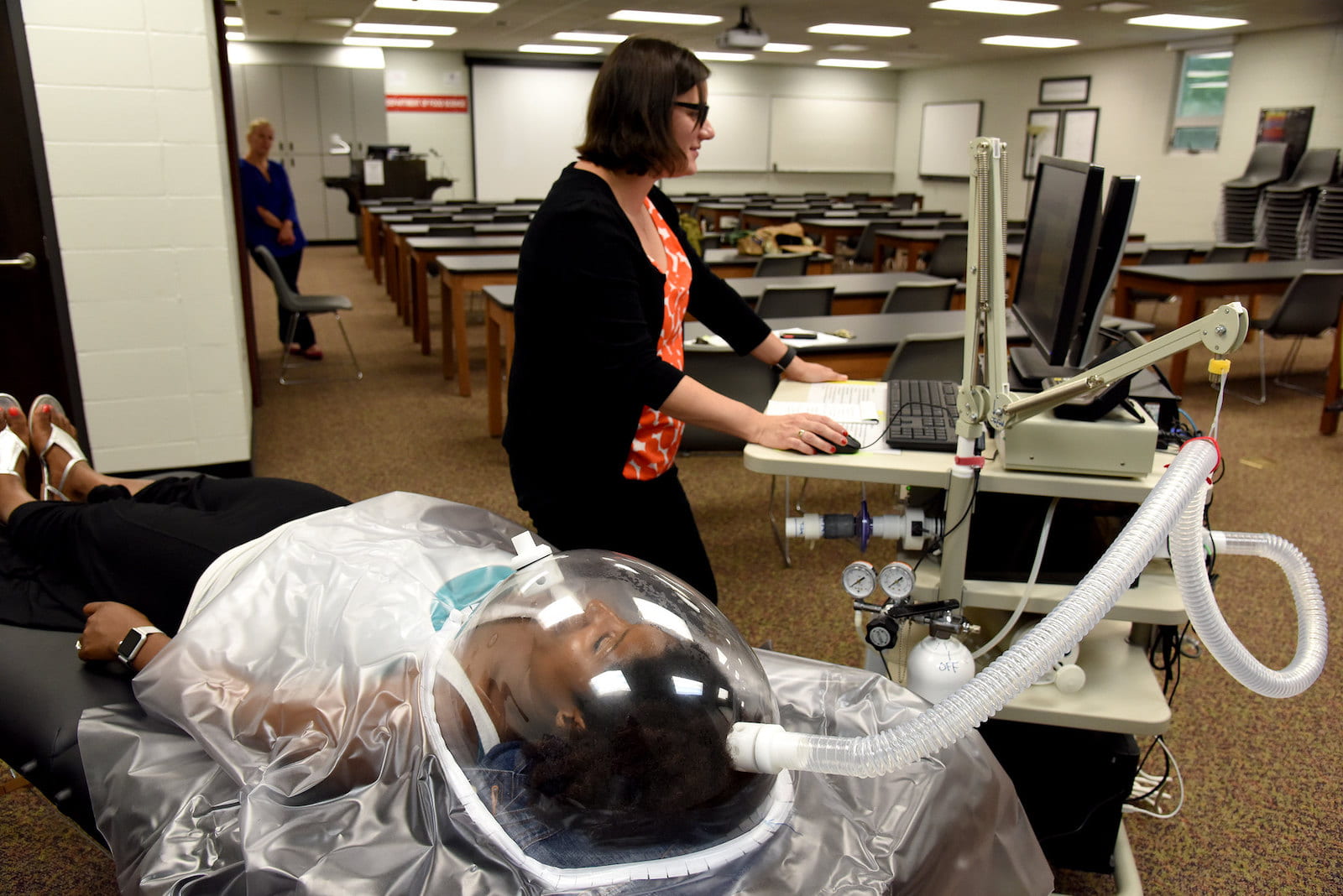Morning Protein Can Help Cut Obesity in Kids

The Problem
According to the Centers for Disease Control and Prevention, one in five children in the U.S. has obesity. Food Science researcher Jamie Baum wanted to see what difference adding protein to breakfast might make.
The Research
Baum’s study found that both normal weight and overweight children who consumed a protein-based breakfast felt less hunger after breakfast than children who had a carbohydrate-based breakfast. Those who ate the protein-based meal also expended more energy, which means they burned more calories, in the hours after breakfast.
Baum’s study examined 29 children ages 8 to 12. Sixteen of them were normal weight and 13 were overweight. They visited a facility early one morning and were assigned one of two breakfasts to eat: one was a protein-based meal of one egg, two egg whites, orange juice, two slices of white bread and butter; the other was a carbohydrate-based meal of one frozen waffle, butter, maple syrup, and orange juice.
The children then laid on a metabolic cart, which measured the amount of oxygen consumed versus the amount of carbon dioxide exhaled. The machine calculated the number of calories burned as well as the number of grams of fat or carbohydrates being metabolized.
The overweight kids who ate the protein-based breakfast burned more calories and broke down more fat and carbohydrates than overweight kids who had the carbohydrate-based breakfast. There wasn’t much difference in the breakdown among the normal weight kids regardless of the type of breakfast they consumed. Baum noted that the normal weight kids may have healthier metabolism and can easily break down either type of meal.
The Bottom Line
The results showed that the increased energy expenditure demonstrated by the kids who had the protein-based breakfast could help reduce obesity in overweight children. A longer-term study is planned for a project funded by the Arkansas Biosciences Institute that will examine the same groups of children by giving them a beverage to measure their energy metabolism over a longer time period.
The Researcher

Jamie Baum
Assistant professor-Nutrition
Department of Food Science
Baum’s research addresses basic and applied research challenges related to dietary protein intake (e.g. protein source, quality, and quantity) and its impact on body composition, energy metabolism and metabolic health using a molecule-to-man approach.
Research Goals:
- Determine the role of dietary protein in skeletal muscle energy metabolism.
- Define the role of dietary protein in metabolic health throughout the life cycle.
- Disseminate research findings through extension.
»
